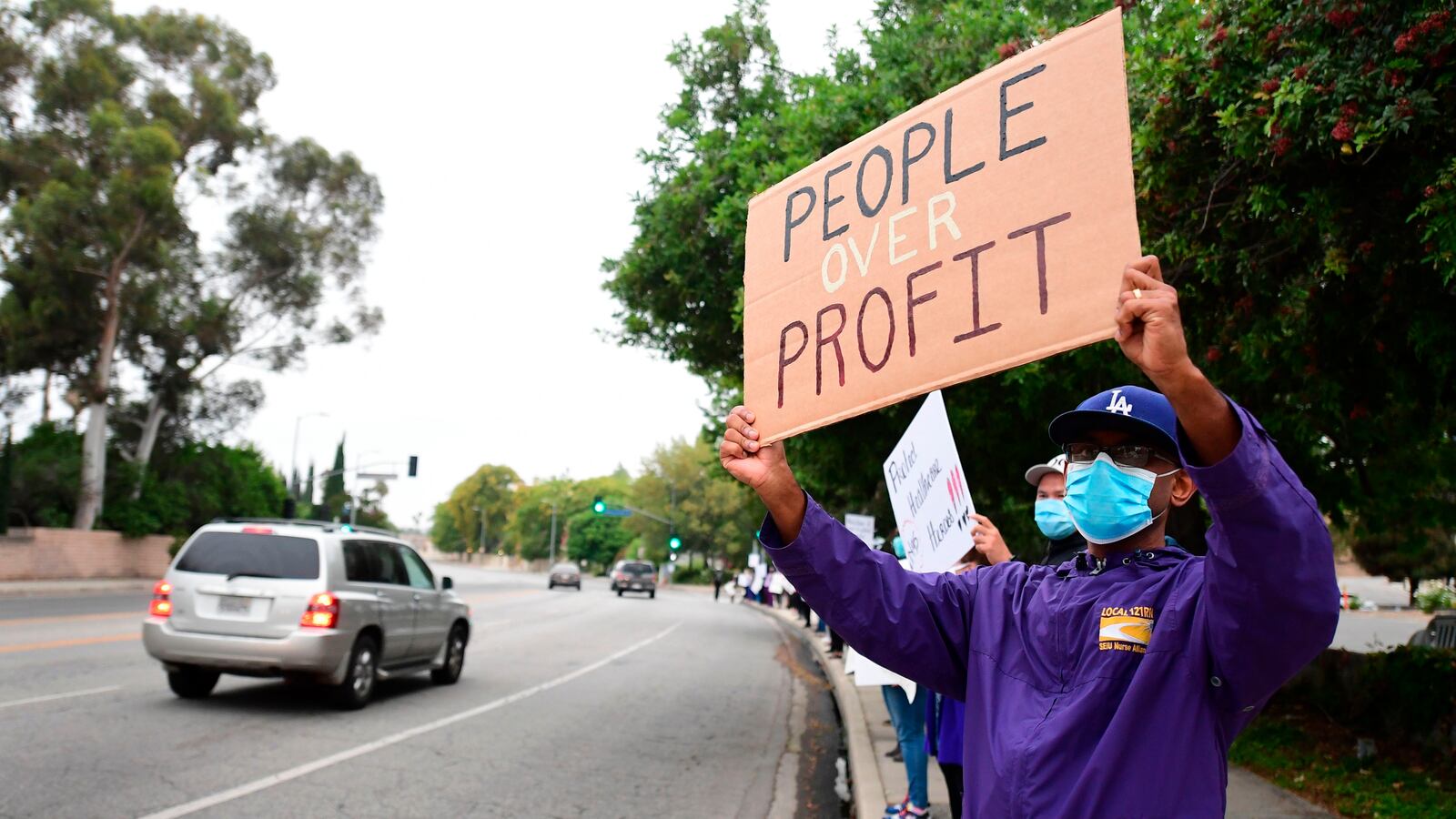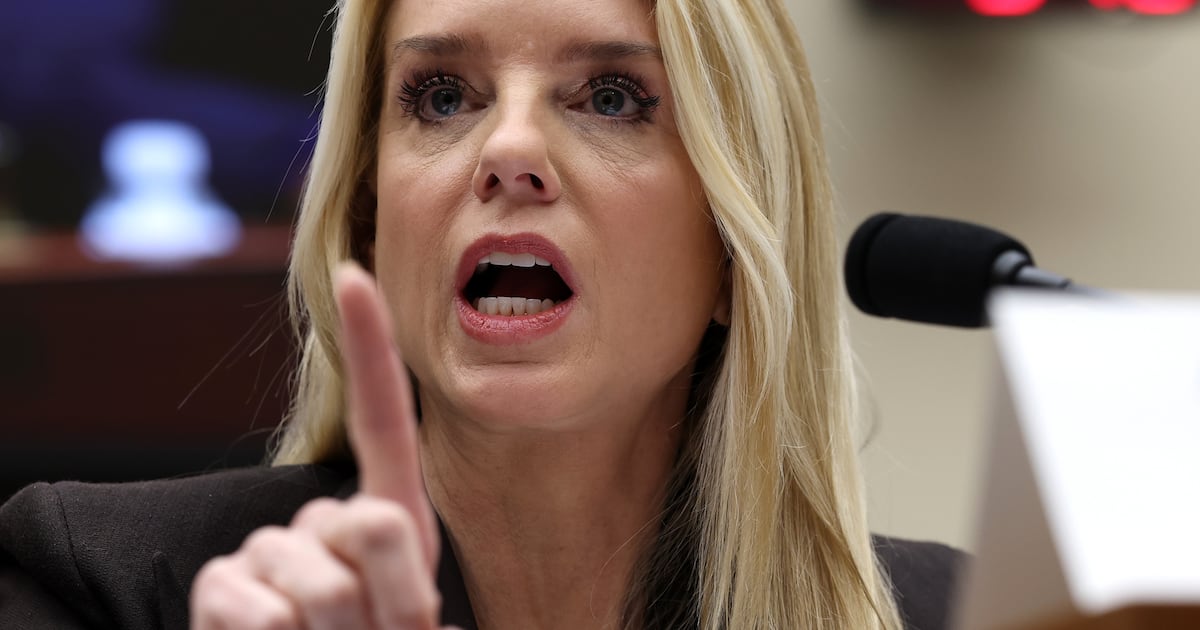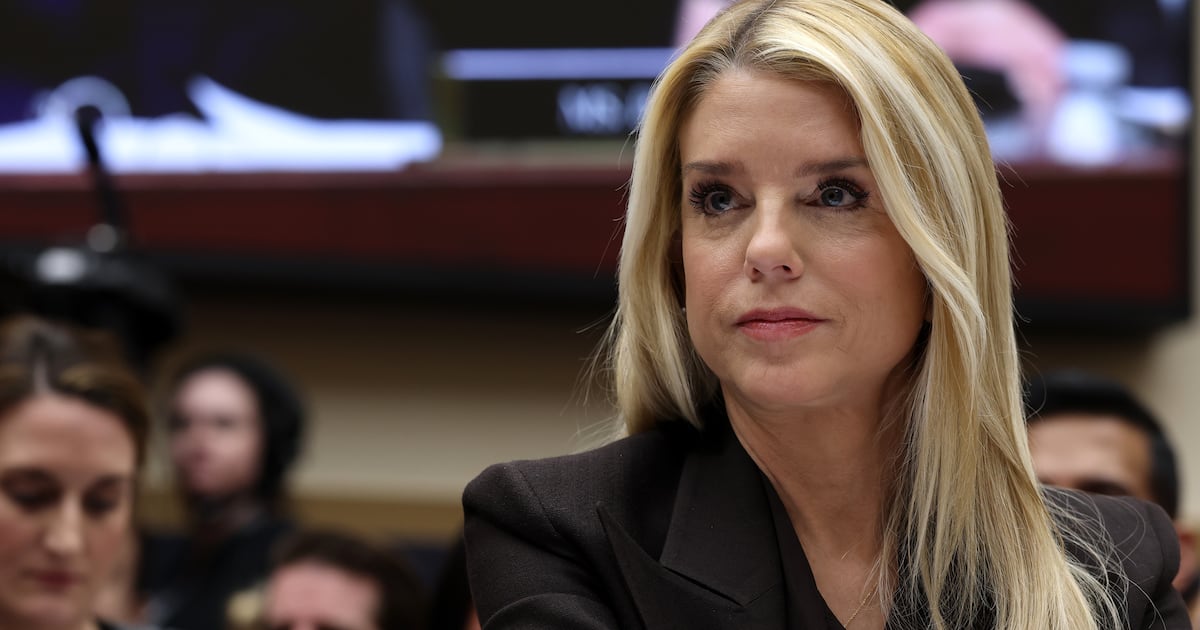Organized labor has been a crucial part of the Democratic coalition since the implementation of the New Deal in the 1930s, and the party has relied on union support ever since.
But if Democrats don’t offer more than rhetoric and unfulfilled promises to union workers, they are going to be in for a rude awakening. Those voters will either stay home, or as many did during the 2020 election, vote for Republicans.
Undeniably, the coming midterm elections will be tough for Democrats. Irrespective of the trend that the party in power usually has a difficult time winning seats in Congress, analysts predict dire results in November. As inflation rises, a war in Europe pumps up prices at gas stations, and the effects of a once in a lifetime pandemic remain present, voters are frustrated—and they’ll likely blame the party running both Congress and the White House.
Biden and Democrats haven’t sat on their hands. On the contrary, they passed an enormous COVID aid package, a historic infrastructure package, and have shown steadfast international leadership in the face of Russia’s unprovoked war of aggression in Ukraine.
But when it comes to unions—whose support Democrats simply cannot win without—Democrats haven’t delivered on most of the promises they made during the 2020 election. Congress hasn't passed the Protecting the Right to Organize (PRO) Act, a sweeping bill that would expand labor protections related to employees' rights to organize and collectively bargain in the workplace, as Biden promised during his campaign. Even when the president announced an executive order mandating union labor be used on new infrastructure projects, he declined to issue additional executive orders that would have put into place the labor policies his own union modernization task force requested.
This mixed message of support for unions happened again earlier this month. In a speech to members of North America’s Building Trade Unions (a few days after the historic unionization of an Amazon factory in New York), President Biden reflected on his administration’s role in protecting unions. He said, “By the way, Amazon, here we come. Watch watch.” But shortly after the speech, White House Press Secretary Jen Psaki forcefully walked back what the president said: “What he was not doing is sending a message that he or the U.S. government would be directly involved in any of these efforts or take any direct action.”
This is not how Democrats should treat a crucial part of their coalition, and one that is popular with Americans.
While official union membership dropped by less than one percent last year, union petition circulation has increased by 56 percent this year, and approval of labor unions is at its highest point since 1965.
Correspondingly, much of the organized labor and strike activity has been happening in battleground states which Democrats need to win elections. If Democrats can support these efforts with pro-labor legislative victories before November, they’ll have a serious chance at competing for the vote in rural communities.
Here’s the deal though, the people of rural America are as complex and diverse as voters anywhere. And like most people, rural union workers can see right through the façade when politicians show up to ask for votes—promising things they either can’t or won’t deliver.
Democrats, in many of these towns, are still building back the credibility they lost when former President Bill Clinton signed the North American Free Trade Agreement (NAFTA)—shipping millions of good-paying union jobs overseas. Trump and Republicans have hit Democrats on this failure constantly when making their pitch to rural voters.
But when Democrats show up to rural communities to stand with union workers, good things happen. For instance, Vermont Sen. Bernie Sanders met with striking union coal workers in Alabama, who were fighting against private equity firms that were cutting their benefits and salaries. Some of these workers typically vote Republican, like Riley Hughlett, a participant in the strike. Hughlett told NPR he was thankful that Sanders raised money for their strike fund. “The man stepped up, I'm shocked but at least it points to he's a decent person,” Hughlett added.
Rural union workers are open to hearing Democrats out, but if they don’t produce results for union workers, they’ll make no electoral progress in rural communities. As Republicans continue to push anti-labor propaganda in these places, arguing that Democrats only care about people living in “blue cities”, any lack of results will be interpreted by rural union workers as apathy, at best.
To ensure that union support for Democrats in the midterms is not only guaranteed—but also to bring in new vital voters—President Biden needs to show results.
The administration must work with Congress to sign the PRO Act into law and implement, by executive order, the policies his union modernization task force recommended—such as mandating federal contract dollars are not spent on union busting, along with another recommendation that ensures “anti-union campaign activities by federal contractors are publicly disclosed.”
These moves will plainly demonstrate to union workers not only that Democrats value their votes, but that they’ll fight for them. It will also encourage more workers to join unions, for which Democrats can then rightfully take the credit.
Alongside policy victories, Democrats need to physically show solidarity by standing alongside striking workers on the picket line.
In New York, the very first successful unionization of an Amazon warehouse has inspired other Amazon workers across the country to start their own unions. That matters.
It won’t be easy, but if Democrats show up and make it clear they support union workers not only in words—but in actions—they could avert a Republican landslide this November. And they’ll take back a constituency they never should have lost through neglect in the first place.








